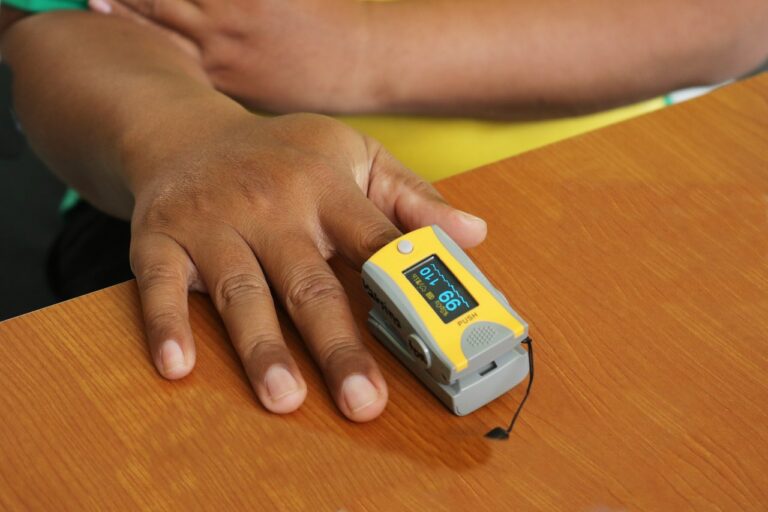The Importance of Vaccinations for Preventing Infectious Diseases
Vaccinations play a vital role in safeguarding public health by preventing the spread of infectious diseases. When individuals receive vaccines, their immune systems are primed to recognize and fight off specific pathogens, creating a barrier against illness. This not only protects those who have been vaccinated but also contributes to broader community immunity, shielding vulnerable populations who may not be able to receive vaccines themselves.
By increasing vaccination rates within a population, the incidence of preventable diseases decreases significantly, leading to improved overall health outcomes and reduced healthcare costs. In essence, vaccinations serve as a proactive measure to curb outbreaks and epidemics, averting potential public health crises. The effectiveness of vaccines in preventing diseases such as measles, polio, and influenza is well-documented, highlighting the critical role they play in promoting the well-being of individuals and communities alike.
• Vaccinations create a barrier against illness by priming the immune system
• Contributes to broader community immunity, protecting vulnerable populations
• Increased vaccination rates lead to decreased incidence of preventable diseases
• Improves overall health outcomes and reduces healthcare costs
• Vaccines are effective in preventing diseases like measles, polio, and influenza
Understanding How Vaccines Work to Prevent Infectious Diseases
Vaccines are designed to stimulate the body’s immune system to recognize and fight specific pathogens, such as bacteria or viruses. When a person is vaccinated, their immune system learns to recognize the pathogen as a threat and produces antibodies to target and neutralize it. This process helps the body build immunity, making it more prepared to fend off the actual infection if the person is later exposed to the pathogen.
By priming the immune system to respond swiftly and effectively to potential threats, vaccines play a crucial role in preventing the spread of infectious diseases within communities. When enough individuals in a population are vaccinated against a particular disease, it creates herd immunity. This concept helps protect those who cannot be vaccinated, such as individuals with certain medical conditions or weakened immune systems, by reducing the overall spread of the disease.
The History of Vaccinations and Their Impact on Disease Prevention
Vaccinations have a rich history that dates back centuries. The practice of inoculation, a precursor to modern vaccination, was first documented in China in the 16th century. Edward Jenner’s development of the smallpox vaccine in the late 18th century marked a significant milestone in the field of immunization. His groundbreaking work paved the way for the widespread use of vaccines to combat infectious diseases.
The impact of vaccinations on disease prevention cannot be overstated. Vaccines have played a vital role in eradicating deadly diseases such as smallpox and drastically reducing the incidence of others like polio and measles. Thanks to the implementation of vaccination programs worldwide, countless lives have been saved and the burden of preventable diseases has been significantly alleviated. As science continues to advance, the history of vaccinations serves as a testament to the power of immunization in safeguarding public health.
Why are vaccinations crucial for public health?
Vaccinations are crucial for public health because they help prevent the spread of infectious diseases and protect individuals from serious illnesses.
How do vaccines work to prevent infectious diseases?
Vaccines work by introducing a weakened or inactive form of a pathogen into the body, which triggers the immune system to produce antibodies. These antibodies then provide protection against future infections from the same pathogen.
What is the history of vaccinations and their impact on disease prevention?
Vaccinations have been used for centuries to prevent diseases such as smallpox, polio, and measles. The introduction of vaccines has led to a significant reduction in the incidence of these diseases and has saved countless lives.







